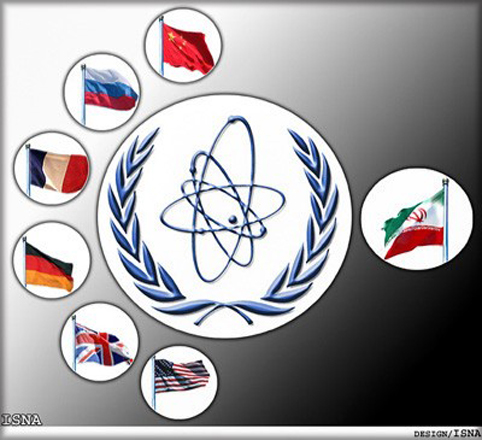Baku, Azerbaijan, Apr. 22
By Umid Niayesh - Trend:
Amid hard nuclear talks, an article written by Iran's foreign minister was published by The New York Times saying that "Iran has been clear: The purview of our constructive engagement extends far beyond nuclear negotiations. Good relations with Iran's neighbors are our top priority... it is time for Iran and other stakeholders to begin to address the causes of tension in the wider Persian Gulf region".
Mohamamd Sahimi, from University of Southern California Los Angeles who received a scholarship from the Atomic Energy Organization of Iran told Trend April 21 that "I do not believe Zarif suggested mixing the two. What I understood he wrote was that if Iran and P5+1 reach an agreement over Iran's nuclear program, then that will open the doors to cooperation on resolving other regional issues, including confronting the radical Sunni terrorist groups".
Iran and the P5+1 reached a framework agreement on Tehran's nuclear program on April 2. The sides have decided to strike a comprehensive deal by June 30. The deal will provide for the removal of all international sanctions on Iran and in return for narrowing the range of the country's nuclear activities.
Iran and the P5+1 members have repeatedly announced that they are negotiating only on the nuclear issue.
Sahimi believes that the West and its Arab allies will not be able to end the war in Syria, oraddress the crises in Iraq and Yemen, without cooperation from Iran.
"At the end of the day, the Syrian regime has not fallen mostly because of Iran's and Russia's support, and Iran has been lending a big hand to the Iraqi government to contain ISIS. The Yemen crisis is entirely a product of Saudi Arabia's destructive sectarian foreign policy by which it supposedly wants to confront Iran and the Shiites. When they suffer a devastating defeat there, they will beg Iran to help," he said.
However, Hooshang Amirahmadi the president of American Iranian Council told Trend that Iran should have from the start placed all its problems with the US, including the regional issue, on the negotiation table. "It was a mistake to negotiate nuclear issue alone. Now is a bit late to correct the mistake. Indeed, inserting the regional issue in the negotiations at this point is not useful and even can create difficulty for the negotiations," he said.
According to Amirahmadi, until the nuclear issue is resolved state in the region as well as the US and Europe will not talk to Iran over regional problems, including Yemen, Syria and Iraq. "Today, the White House Spokesperson uttered the last word on this. He said, the US agrees with Zarif's position but Washington sees Iran responsible for the regional instability. That means Iran must be punished not rewarded! Besides, the nuclear negotiations are becoming increasing complicated and its future is now a bit darker.
Although Iran has made significant concessions, the US and its allies are not still satisfied and demand more", he said.
White House spokesman Josh Earnest said Monday it was "a little ironic" for Zarif to be calling for a diplomatic resolution in Yemen "while at the same time his country continues to supply arms to one party."
However, State Department spokeswoman Marie Harf told reporters on April 20 that "the U.S. might talk with Iran about promoting regional stability, noting it had been open to including Iran in past efforts to achieve a Syrian peace deal if Tehran had altered its policy".
Edited by CN






